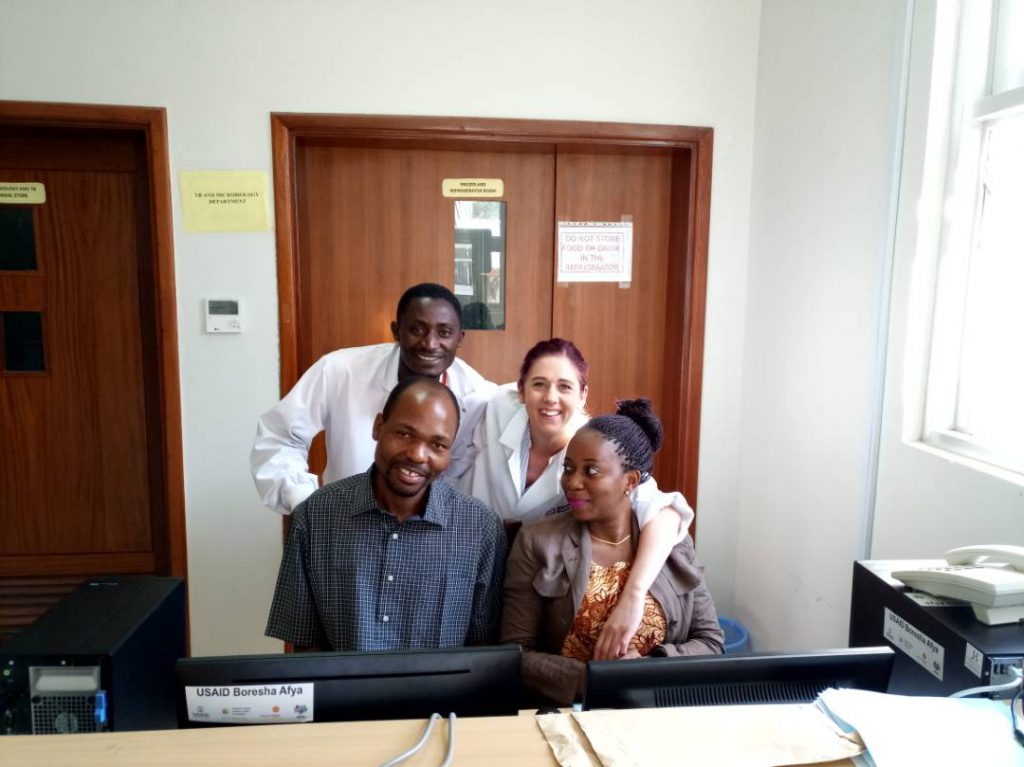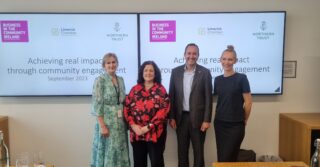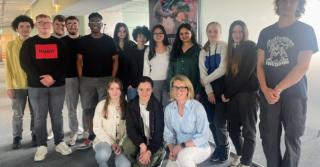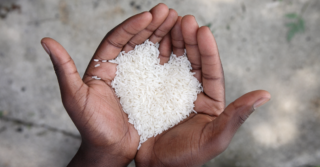Volunteers in Tanzania – Helping the Most Vulnerable Live Fuller, Healthier Lives
Located in eastern Africa, Tanzania borders both Lake Victoria and the Indian Ocean. It’s home to Mount Kilimanjaro, the continent’s highest peak, as well as waterfalls and forests, wildebeests and giraffes. It’s also home to 55 million people, many of whom struggle with access to healthcare.
For nearly 20 years, the Abbott Fund has invested more than $130 million and partnered with the Tanzanian Ministry of Health to accomplish the shared goal of bringing positive change to the healthcare system. Together, Abbott and the government of Tanzania have created a model for public-private partnership and developed sustainable improvements in the quality of testing, treatment and care across the country. The partnership has focused on the following three areas in Tanzania’s healthcare system:
- Upgrading patient care
- Modernizing labs and Information Technology
- Ensuring improvements are sustainable.
Through this partnership with the Government of Tanzania, since 2001 more than 70 Abbott expert volunteers (or “mentors”), including many Irish employees from Sligo and Longford, have been serving as mentors to help to modernize medical labs across the country.
Sligo to Tanzania
Dodoma, the capitol city of Tanzania, is more than 11,600 km from Sligo, Ireland, where Abbott Diagnostics employee Lorraine O’Hagan lives. Lorraine, and her Abbott colleague James O’Sullivan, spent a month in Tanzania as part of the Abbott Fund’s mentor program this June. On this volunteering trip they helped set up a new information system and train staff at hospital laboratories in the regional areas of Tanzania, including Dodoma regional hospital and Mt. Meru hospital in Arusha.
From Abbott’s diagnostics sites in Longford and Sligo, dedicated volunteers such as Lorraine and James have travelled to Tanzania to support the Abbott Fund programme to help modernise healthcare infrastructure in Tanzania. Over the past seven years, our experts have volunteered their time, knowledge and skills to train and mentor local laboratory teams. Their primary objectives are to implement an integrated IT system for patient recognition and lab sample management, and to train local staff to use the system.
How is this helping improve healthcare in Tanzania?
Doctors rely on diagnostic tests for almost 70 percent of the decisions they make. So, when a medical laboratory doesn’t have appropriate equipment and staffing, doctors struggle to properly diagnose and treat patients. Abbott Fund has provided physical infrastructure improvement and installed new IT systems. The Abbott mentors are a key piece of the health system strengthening efforts as well; they enhance the impact by providing training and human resource development. For example, Lorraine and James partnered with health and lab staff to share ideas and find sustainable solutions for the daily challenges they face in caring for and treating patients.
The result: modernized labs and improved patient care. Patients used to wait weeks for test results. Today, it takes just hours. Medical records, once written on paper and stored in stacks of folders, now are electronic and easily accessible by physicians at the national hospital labs.
Abbott’s team in Ireland is very proud of the work of all our volunteers like Lorraine and James who have spent time helping the most vulnerable people live fuller and better lives. We are excited for the next group of Abbott employees who will experience volunteering in Tanzania and the positive impact they will have on the local communities there.
Tags: Abbott







